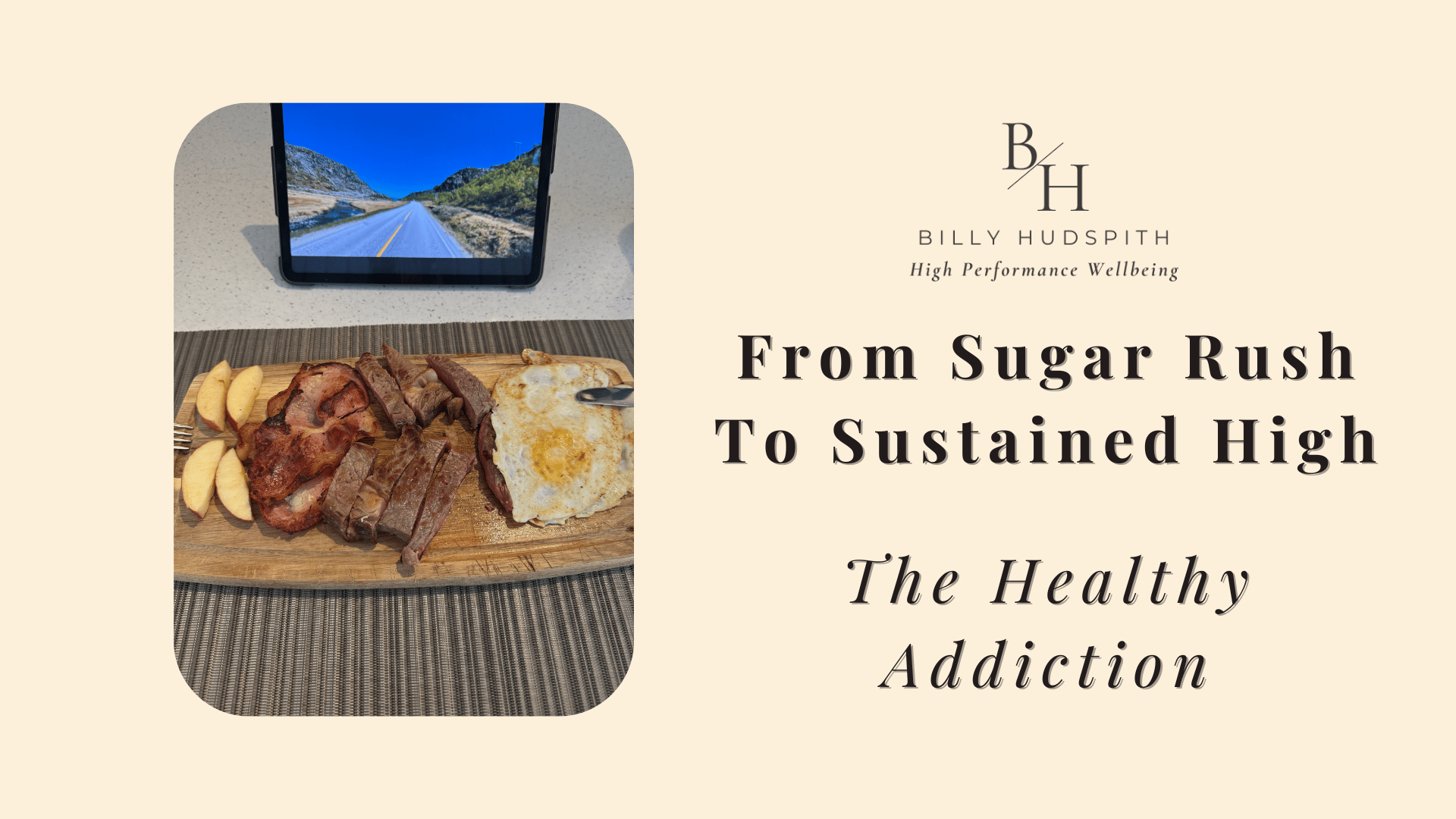- The Mindful Habit Effect
- Posts
- The Healthy Addiction
The Healthy Addiction
Switching from junk to healthy is possible...and easy


Here's something that might surprise you: eating healthy becomes just as addictive as eating junk food
The difference? One addiction destroys you, while the other transforms you into your best self.
The Science Behind Food Addiction
Your brain doesn't distinguish between "good" and "bad" habits when it comes to reward pathways. It simply responds to patterns that make you feel good. When you consistently eat processed foods high in sugar, salt, and unhealthy fats, your brain releases dopamine, creating a cycle of craving and reward. But here's the game-changer: the same neurological process happens with nutritious foods, it just takes a little patience to rewire the system.
Breaking the Unhealthy Cycle
Most people think they're "addicted" to junk food forever, but what they're really addicted to is the instant gratification and energy spikes these foods provide. The crash that follows, sluggishness, brain fog, mood swings, becomes so normalized that we forget what feeling truly energized actually feels like.
When you start eating whole foods, your body begins to remember. The initial adjustment period might feel challenging as your taste buds and energy systems recalibrate, but this is where the magic begins.
The Healthy Addiction Takes Hold
After just 2-3 weeks of consistent healthy eating, something remarkable happens. Your energy levels stabilize and increase. Your skin starts glowing. You sleep better. Your mood improves. Your mental clarity sharpens. These aren't just nice side effects, they're powerful rewards that your brain starts craving.
Suddenly, you find yourself looking forward to that colorful salad because you know how amazing you'll feel afterward. You crave the sustained energy from complex carbs and lean proteins. You actually want that green smoothie because your body has learned to associate it with feeling incredible.
The Compound Benefits
Unlike junk food addiction, which compounds negatively over time, healthy eating addiction creates an upward spiral:
Physical benefits compound as your body becomes more efficient at processing nutrients, your immune system strengthens, and your energy becomes more consistent throughout the day.
Mental benefits multiply as better nutrition fuels cognitive function, improves focus, and stabilizes mood, making you more productive and emotionally balanced.
Emotional benefits grow as you develop self-respect and confidence from taking care of yourself, creating positive momentum in other areas of your life.
Social benefits expand as your increased energy and confidence improve your relationships and inspire others around you.
Making the Switch Stick
The key to developing a healthy eating addiction is consistency, not perfection. Start small, add one nutrient-dense meal per day. Pay attention to how different foods make you feel. Notice the energy, mood, and mental clarity that comes from fueling your body properly.
Most importantly, be patient with the process. Your taste buds will adapt. Your cravings will shift. And before you know it, you'll be "addicted" to feeling incredible.
Your body is designed to crave what makes it thrive. Give it time to remember what that feels like.
See you next week
Billy Hudspith
Your High-Performance Wellbeing Creator